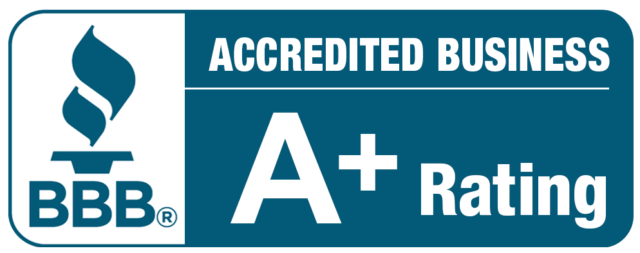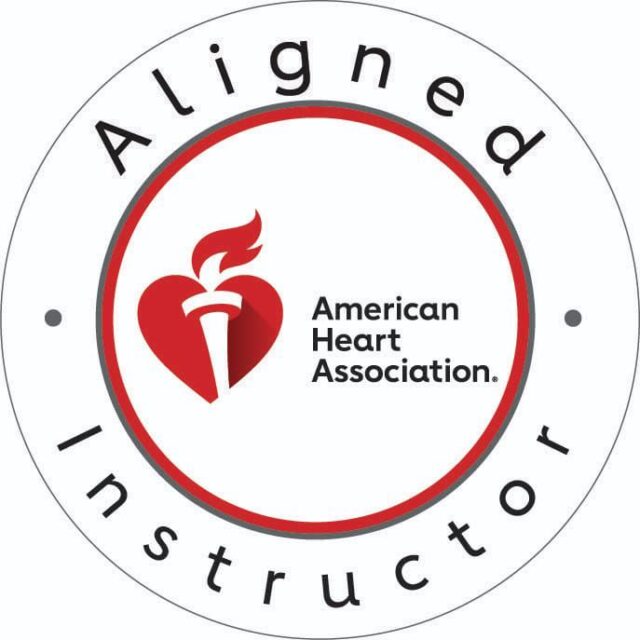In healthcare, especially in the context of home care, medication adherence stands as a fundamental pillar for maintaining optimal health and well-being. As an integral part of the patient’s journey toward recovery and improved quality of life, adhering to prescribed medications is a crucial factor that cannot be understated.
In this article, we delve into the significance of medication adherence in home care settings, understanding its importance, challenges, and strategies to promote it effectively. We give home care personnel the guide they need to ensure that their clients follow through with their medications as prescribed by the medical professionals. This will help improve their health and enhance their independence.
What does “medication adherence” mean?
Medication adherence refers to the extent to which patients follow their prescribed medication regimens, including taking the right dose at the right time and following any specific instructions provided by healthcare professionals.
Why is medication adherence important, particularly in home care?
Medication adherence is crucial in home care settings because it directly impacts treatment outcomes. When patients adhere to their prescribed medications, they are more likely to experience effective symptom management, prevent disease progression, and enjoy an improved quality of life from the comfort of their own homes.
In the context of home care, where individuals receive healthcare services in the comfort of their own residences, medication adherence takes on even greater significance. One of the reasons why caregivers are there is to help them follow these regimens flawlessly to stay healthy. Here’s why medication adherence is important in home care:
- Promotes Effective Treatment Outcomes: Medications are often prescribed to manage chronic conditions, alleviate symptoms, or prevent the progression of diseases. Adhering to medication schedules prescribed by healthcare professionals significantly increases the likelihood of achieving desired treatment outcomes. It’s the cornerstone upon which successful recovery and improved health are built.
- Prevents Complications: Many medical conditions require consistent medication to prevent complications or worsening of symptoms. For instance, in diabetes management, adhering to insulin regimens can help control blood sugar levels and reduce the risk of long-term complications like nerve damage and kidney problems.
- Enhances Quality of Life: Home care is designed to promote the well-being and independence of patients. Medication adherence plays a pivotal role in maintaining a high quality of life by managing symptoms, reducing pain, and preventing disease progression. This, in turn, allows individuals to engage more actively in their daily activities and routines.
- Reduces Healthcare Costs: Non-adherence to medications can lead to worsening health conditions, requiring additional medical interventions, hospitalizations, and emergency room visits. By adhering to prescribed medications, patients can potentially reduce the need for costly medical interventions, thereby lowering healthcare expenses for both individuals and the healthcare system as a whole.
What Are The Challenges Caregivers Face In Medication Adherence in Home Care?
While the benefits of home care medication adherence are clear, several challenges can hinder patients’ ability to follow their medication regimens in a home care setting consistently. These include:
- Complex Regimens: Some individuals, especially those with multiple chronic conditions such as chronic pain, may be required to take numerous medications at different times of the day. This complexity can lead to confusion and errors in medication administration.
- Memory Issues: Elderly patients and those with cognitive impairments such as Alzheimer’s and Dementia might face difficulties in remembering their medication schedules, leading to missed doses or improper dosages.
- Lack of Education: Proper understanding of medications, their purpose, potential side effects, and interactions is crucial for adherence. Patients may struggle to adhere when they lack sufficient information about their medications.
- Social Isolation: Home care patients might experience feelings of isolation, which can impact their motivation to adhere to medication regimens. A lack of social support can contribute to decreased adherence rates.
What Are The Strategies For Caregivers To Promote Medication Adherence in Home Care?
To address the challenges and enhance medication adherence in home care settings, caregivers can adopt these strategies:
- Ensure Healthcare Workers Simplify Patient’s Medication Regimens: Healthcare providers can work to simplify medication schedules whenever possible, reducing the number of doses per day and aligning medication times. They can work with patients to consolidate medications where possible, align dosing schedules, and eliminate unnecessary medications. Simplifying medication regimens can make it easier for patients to manage their medications effectively.
- Patient Education: Patient education is essential for medication adherence. When patients understand the purpose of their medications, potential side effects, and how to take them correctly, they are more likely to adhere to their prescribed regimens. Thoroughly educate patients and their caregivers about the medications, including their purpose, potential side effects, and how to take them correctly.
- Use Medication Management Tools: Provide patients with tools like pill organizers and medication reminder apps. There are also automatic pill dispensers to help them organize and remember their medications.
- Regular Follow-ups: Maintain regular communication with patients through regular follow-up appointments, telehealth visits, communication with patients, phone calls, or in-person check-ins. This helps healthcare providers monitor adherence, address concerns, and make necessary adjustments to the treatment plan. They can inquire about medication usage, address any concerns, and make necessary adjustments to the treatment plan.
- Incorporate Family and Caregivers: Engage family members and caregivers in the medication management process. They can provide valuable support and reminders to patients. Family members and caregivers can play a significant role by providing reminders, helping organize medications, and offering emotional support. Involving them in the medication management process can improve adherence and overall patient well-being.
Are there any technological tools available to assist with medication adherence in home care?
Yes, there are various tools available to aid medication adherence. This includes tools such as pill organizers, medication reminder apps, and automatic pill dispensers. These tools can help patients keep track of their medications and ensure they are taken on time.
Can non-adherence lead to complications and increased healthcare costs?
The major reason for medication adherence is to promote quick recovery of patients’ health. However, beyond that, adhering to the med regimen will also reduce further healthcare costs.
Non-adherence can lead to worsened health conditions, complications, and increased healthcare costs. When patients fail to adhere to their prescribed medications, they may require more frequent medical interventions, hospitalizations, and emergency care.
Conclusion
For in-home care patients, medication adherence stands as a linchpin for successful health outcomes. It plays a pivotal role in promoting effective treatment, preventing complications, and enhancing the overall quality of life for patients.
By understanding the challenges to adherence and implementing proactive strategies, healthcare providers can empower patients to take charge of their health. This will ensure a path towards improved well-being and sustained independence.
We understand that following up a set of rules about how to take your med can be cumbersome especially for patients just transitioning to in-home care, you can employ our services at Good Hands Home Care.
We hope you found this guide helpful.
If you are in Indiana and looking for how to access quality care services and personalized client care plans, visit Good Hands home care agency, where care is offered with professionalism and efficiency.




